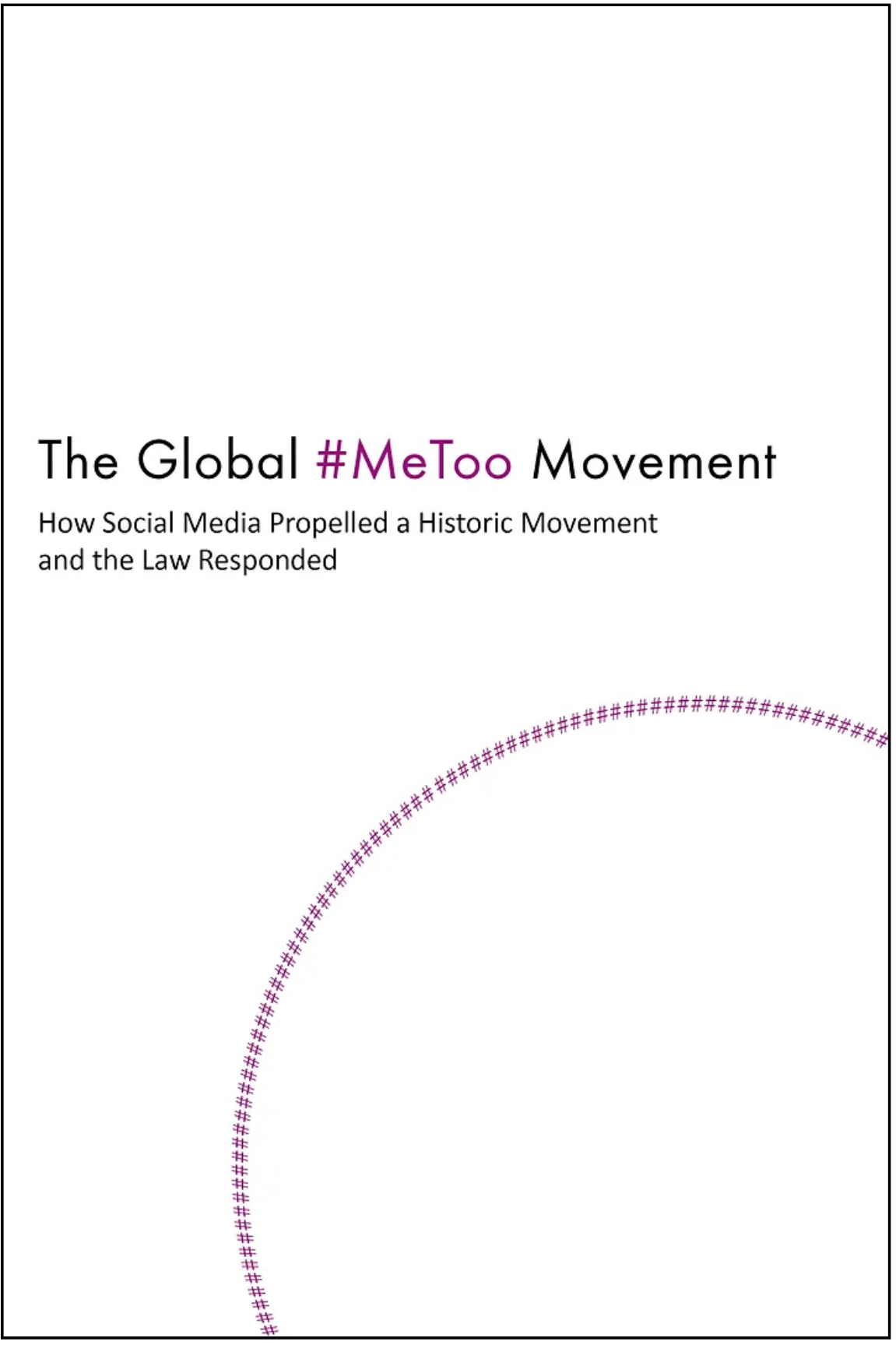Watch the keynote speeches from our 2025 Annual Conference!
Our 2025 annual conference in Ljubljana, Slovenia was hosted by the Advocate of the Principle of Equality and the University of Ljubljana.


Our Oxford Blog Series
We are thrilled to announce the launch of our blog series on The Oxford Human Rights Hub, Twenty-five Years of Protection Against Disability-based Discrimination in the EU: An Evolving Understanding of Disability.
Twenty-five years ago, the EU legally enshrined the prohibition of discrimination based on disability in the Employment Equality Directive. A series of posts coordinated by the our Disability Rights Working Group takes the arrival of this twenty-fifth anniversary as an invitation to reflect on the meaning and scope of this prohibition. After a quarter of a century, what developments have there been in the understanding of disability in European anti-discrimination law? This first post goes into the legislative framework and the evolving understanding of disability-based discrimination in landmark cases of the Court of Justice of the EU (‘the Court’).
This project is led by the the BCCE Disability Rights Working Group.

Our 2024 Annual Report
The 2024 Annual Report reviews our work since January 2023 —our working groups, events, publications, and web courses—and outlines our plans for the future. We are grateful to everyone who has contributed to the work of the Center over the past year and look forward to a productive and fruitful year ahead. Click on the image to view the 2024 Annual Report flipbook.
Download the annual report here!
Sexual Harassment and the Law in Africa
We are pleased to announce a first-of-its-kind book, which features the work of African scholars and presents careful research and case studies that consider sexual harassment from legal, socio-economic, and cultural realities. The book, titled Sexual Harassment and the Law in Africa: Country and Regional Perspectives, was edited by a team of legal and policy experts including Furaha-Joy Sekai Saungweme, an active BCCE member, current Co-Editor in Chief of the BCCE E-Journal, and incoming Public Interest Research Fellow at the Center.
The book highlights the importance of laws around sexual harassment in Africa, the intersectional challenges it poses to women in the workplace and the role of the feminist movement in Africa to hold perpetrators accountable and give a voice to survivors of sexual harassment. It also forms part of a broader African-driven research initiative on sexual harassment and the law driven by Africa End Sexual Harassment Initiative (AESHI).

The Global #MeToo Movement Book
When US activists started using the #MeToo hashtag (as created by Tarana Burke) to speak out against sexual harassment, they joined, and then helped propel, a global movement. On every continent, women are using the new tools of social media to confront one of the oldest barriers to equality: the threat of violence, including sexual harassment, as a tool of male supremacy. In The Global #MeToo Movement, produced by the Berkeley Center on Comparative Equality & Anti-Discrimination Law, 48 authors from 28 countries spanning every continent but Antarctica tell the story of how social media has driven a social movement against sexual harassment, and how the law has responded, often by helping men to push back.


